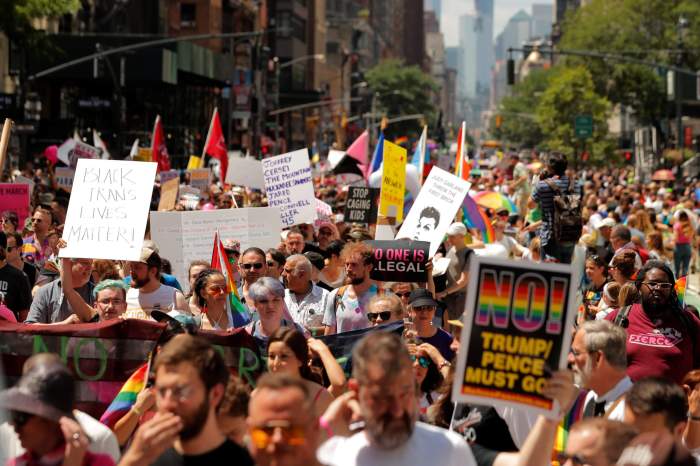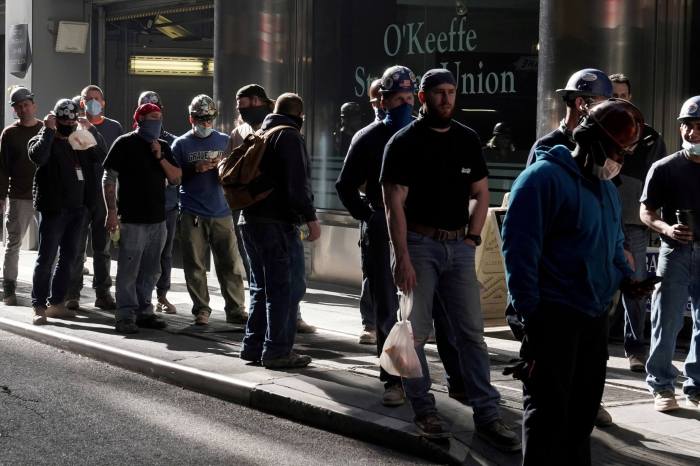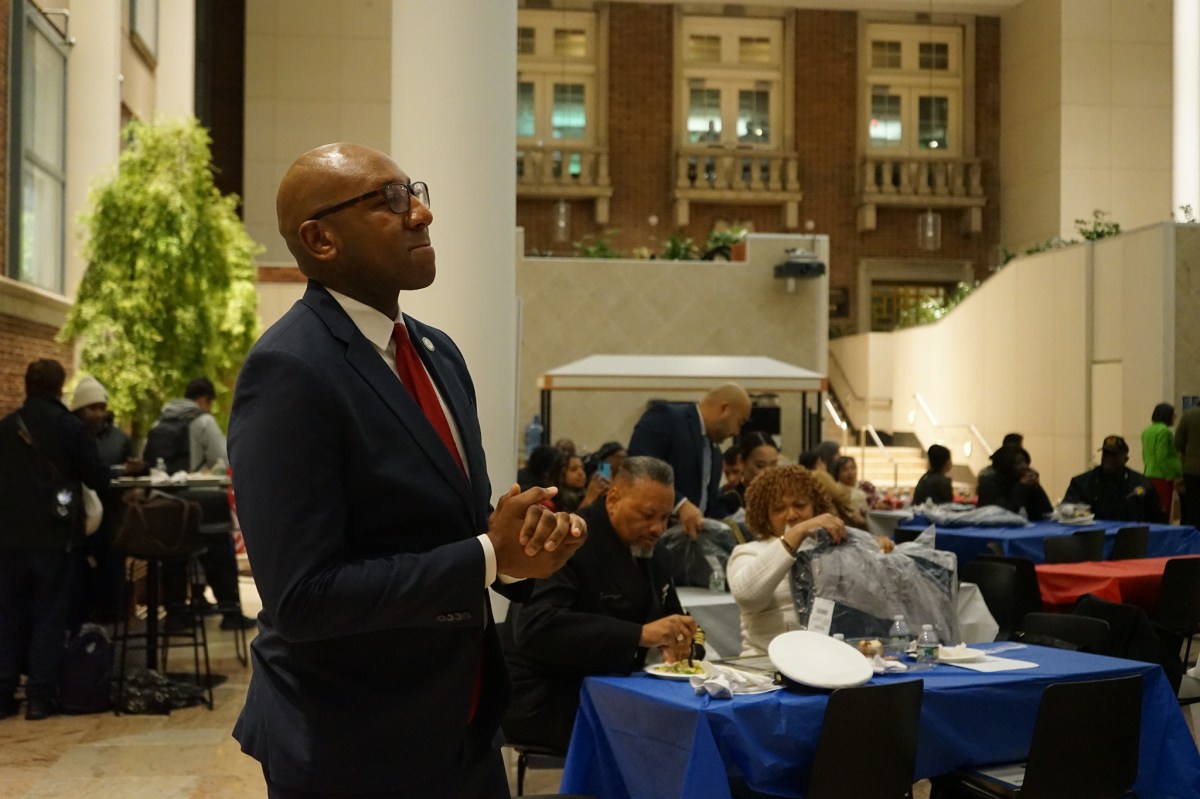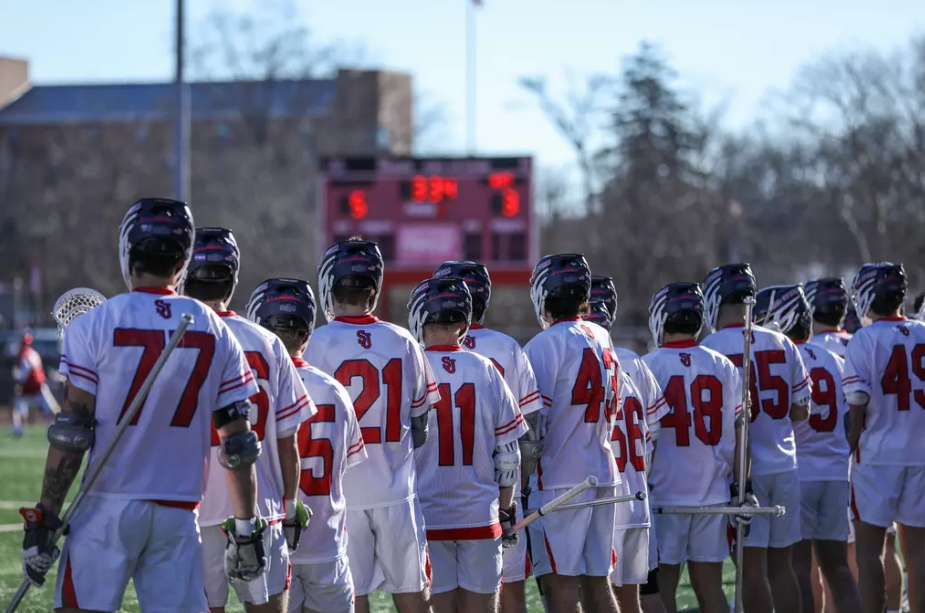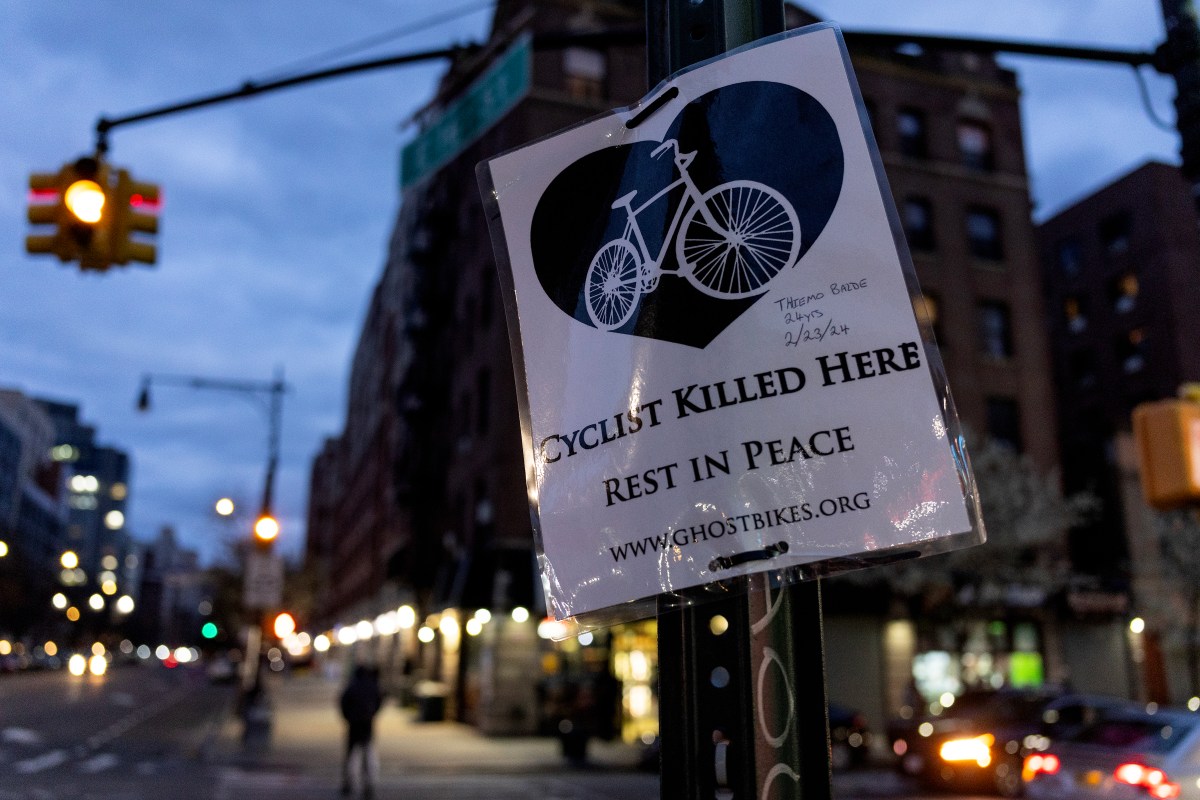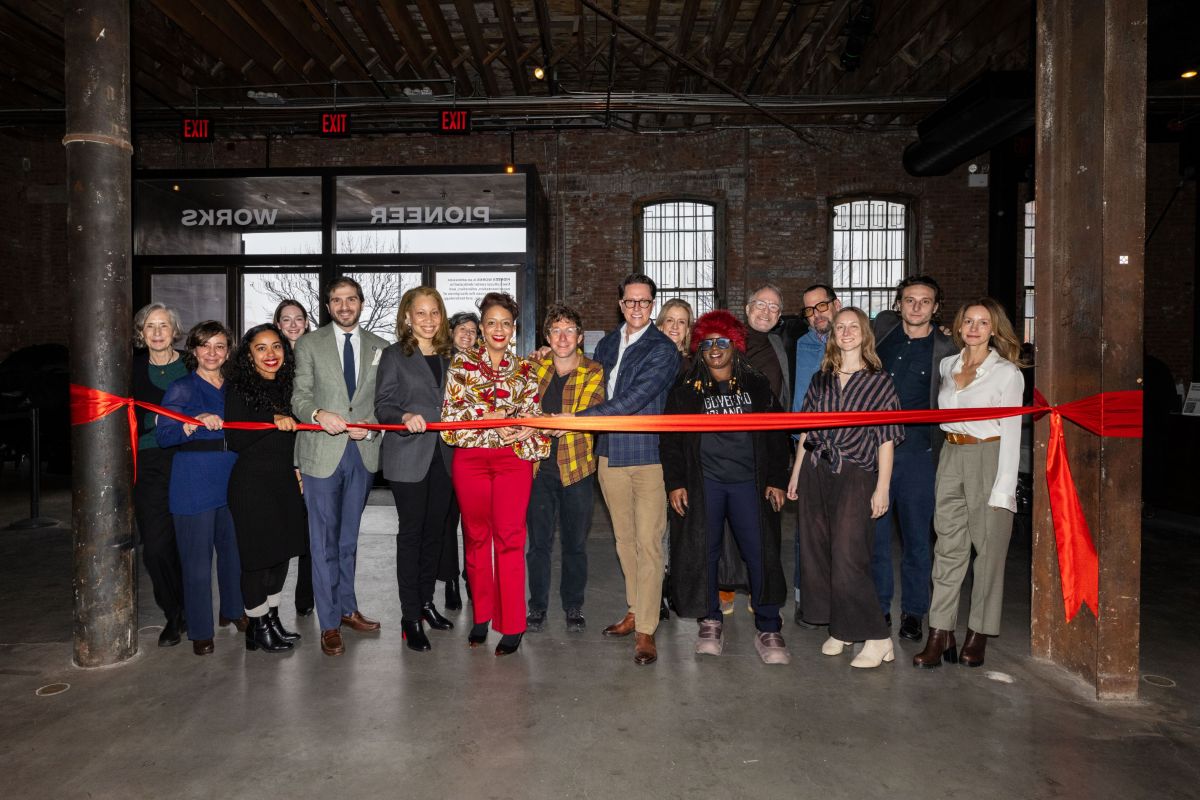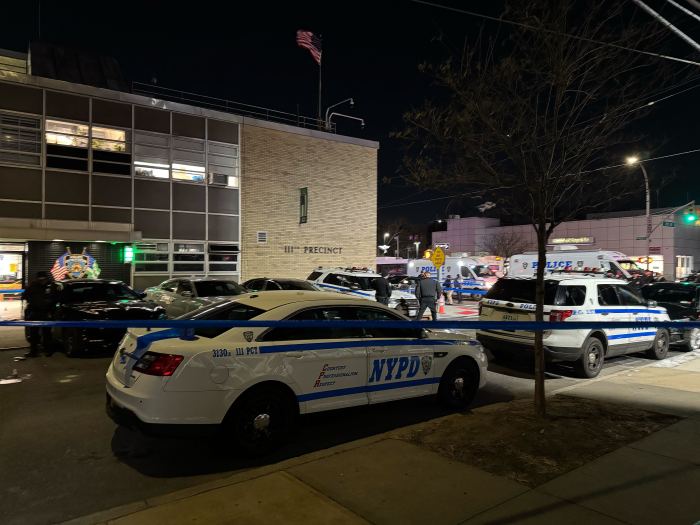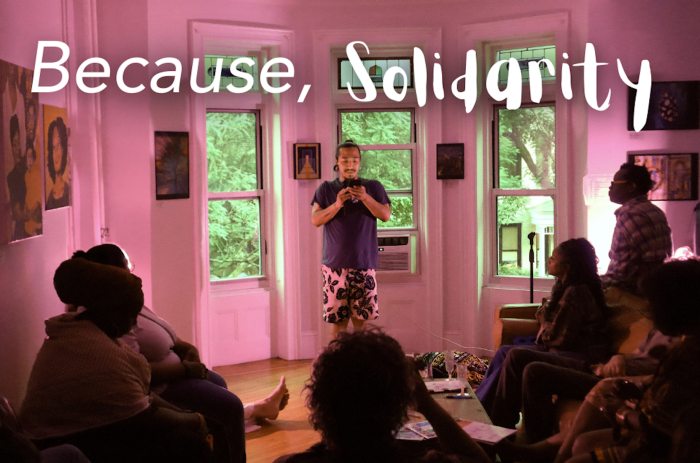Small and minority-owned businesses throughout the city that survived the economic crash brought on by the COVID-19 pandemic that reached New York City two years ago are beginning to rebuild, but not without extreme challenges.
In Brooklyn alone, an estimated 20% of small businesses shuttered for good due to pandemic-related economic pitfalls. Many of these businesses were owned and operated by Black and Brown individuals — communities that were the most impacted by the pandemic.
The Local Initiatives Support Corporation (LISC) is an organization that helps equip underinvested communities with capital, strategy and business know-how to become places where low and moderate-income (LMI) Americans can succeed.
“[During the pandemic] what we saw very quickly was an exacerbation of the already difficult circumstances that small businesses, in particular minority businesses and communities of color, the already difficult conditions that these businesses operated under,” said Valerie White, executive director of LISC NYC, to amNew York on March 11. “Traditionally they have a lack of access to capital [and] are often operating on a month to month basis.”
Since April 2020, when the pandemic was beginning to change everyday life as we know it, LISC NYC has invested in small minority businesses using a three pillar strategy.
The pillars include radical healing that counters racial bias and inequity, including through community safety, creative place-making and arts initiatives; inclusive economic transformation that prioritizes human talent, community health, diverse enterprises, innovation and public infrastructure; and sustainable wealth generation in communities of color, including through ownership, asset building, and career ladders.
When the pandemic first hit NYC, small businesses including Black and Brown owned businesses relied heavily on investments from government entities to survive. Some of these assistances included Paycheck Protection Programs (PPP) which aimed to provide small businesses with financial resources needed to maintain their payroll, hire back employees who may have been laid off and cover applicable overhead.
However, PPP loans quickly ran out or were unavailable to many minority-owned businesses. In order to keep businesses afloat today, White believes that city government officials including Mayor Adams and his administration still need to continuously invest and support these businesses which are vital community assets.
“Right now, grant money to deal with some of the large arrears like commercial arrears – which can be unyielding – coupled with the technical support for long-term viability, as well as looking at issues of connectivity and bringing [these businesses] into the current digital state,” said White. “And that requires very specific and deliberate analysis on the part of the city, but also working with financial institutions and economic development organizations.”
In the summer of 2020 following the high profile police shooting deaths of Black and Brown individuals like George Floyd and Breonna Taylor, there was increased interest in investing and supporting minority owned businesses, but White believes that interest was limited to that time period.
“George Floyd, watching that video over and over again was one [example] that sparked a whole nation saying ‘we are upset about this’, we all knew that but when you have to look at it becomes a different way that society addresses it,” White said. “But with the attention to it what we tried to do was very much capitalize on the moment to continue to stand on this platform of racial and economic equity, and what we are continuing to do is to make that part of our message and our voice regularly.”




